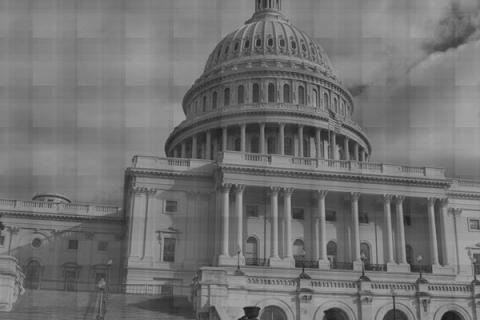What will it take for the majority to understand voting for either Republicans or Democrats is counter-productive in changing our societal issues through politics?
The Wisconsin recall is an excellent example. From day one of the recall campaign, people were confident that Democrats were going to be out in full force. People assumed resources were going to be handed out; such as finances, campaign staff, and media tactics designed and/or on behalf of Wisconsin Democrats. Instead, no help came from the Democratic National Committee (DNC). Sure, President Clinton made a last-minute effort, but few other progressive Democrats came to aide. President Obama did not make an appearance in Wisconsin like he did in 2010 during the mid-term elections. The Democratic Governor Association did not provide resources either.
This is why I advocate voting for third party candidates. According to the Pew Foundation, 38% describe themselves as independent, up from 32% in 2008 and 30% in 2004. This growing trend is in direct response to the Bush and Obama Administration years. If there is a growing number of people who identify themselves as independent, then why are they not voting for a third party candidate?
The usual go-to response is the "spoiler" reasoning. This is often used to describe Ralph Nader in 2000. In a political context, a spoiler is a person who obstructs an opponent from success while having no chance of winning a contested race. By using this definition the question begs: what are Democratic and Republican candidates doing? Are they not spoiling each other? Spoiling is the name of the game in political campaigns. A candidate's objective is to help take votes away from their opponent. Why do you think so many Democrats voted for Ronald Reagan in the 1980s, thus called them Reagan Democrats?
So who are the real spoilers? The real spoilers are the mainstream media outlets who do not have third party candidates and strategists on the air. Shows like Meet the Press, The Situation Room, and Fox and Friends continually shut out the alternative voices in the political sphere. When do you hear a third party candidate on progressive or conservative talk radio shows? The answer is never.
How many times has a third party candidate won a political race? The Green Party currently has 133 elected officials, the Libertarian Party as 151 elected officials. Already between the two biggest third parties we have 284 elected officials across this nation. Going back a generation in history, the Socialist Party was very successful, mostly in Midwestern cities such as Milwaukee, Wisconsin and Rockford, Illinois. One of my personal favorites is the third party candidate who won a national election. When he ran within the two party system of his time, he failed to receive support and never won. Just like the Democrats not helping efforts in Wisconsin, this candidate didn't receive any resources during previous runs for state and national office. Until a third party approached him and asked if he would be their candidate for the upcoming national election, which he accepted. Abraham Lincoln and the then-third party Republican Party won the 1860 presidential election.
Could this year be like the 1860 election? Have you researched current third-party candidates Jill Stein, Gary Johnson, or Stewart Alexander?
Enough is enough. People need to do their own research on what the two parties are doing, because the media has made us lazy. Democrats and Republicans are no longer the answer. What will it take the America people to finally accept the idea that Democrats and Republicans do not have answers? Will it take our national debt to quadrillion for people to say enough is enough? There are alternatives out there, and they need to be heard. Even if they do not get elected into office, then at least bring them to the table and listen to what they have to say.

